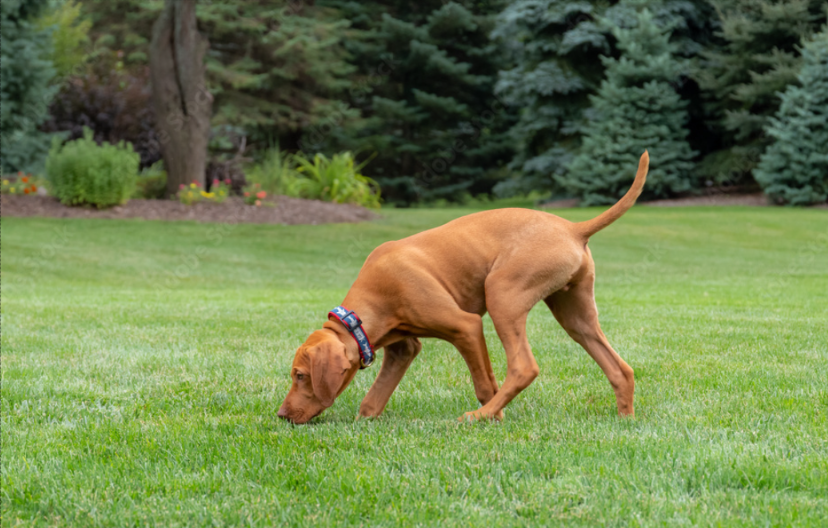What’s in Your Pet’s Poop?

How Parasites, Diet, and Digestion Affect What You See
We know it’s probably not your favorite part of ownership, but your pet’s poop can tell us a lot about their health. At Partners Animal Hospital Asheville, we’re all about proactive care—and that includes paying attention to what’s in the litter box or left behind on your daily walk.
From detecting parasites to flagging food sensitivities or digestive upset, what you notice in your pet’s stool could help us catch problems early and keep them feeling their best.
Parasites Are More Common Than You Think
Even if your pet looks perfectly healthy, intestinal parasites might be hiding under the surface. Dogs and cats can pick up things like roundworms, hookworms, or Giardia just from sniffing around the backyard, drinking from puddles, or interacting with other animals. It’s especially important for pups who frequent dog parks or play at doggy daycare, because just like our human kiddos, they can pick up things and bring them home!
Some common signs of parasites include:
- Loose or runny stool
- Worms or eggs in the stool
- Scooting or licking at the rear
- Weight loss or a bloated belly
Routine fecal testing helps us catch these before they become a bigger issue—for your pet or for your family.
What Their Stool Says About Their Diet
Not all poop problems mean parasites, though. Sometimes, it’s your pet’s diet doing the talking.
- Soft or greasy stool could mean too much fat in their food.
- Small, dry stool might be a sign of dehydration or low fiber.
- Larger or more frequent poops can mean your pet isn’t digesting their food well.
If you’ve changed diets recently and are noticing stool changes, let us know. We are happy to work with you to find a diet that works better for your pet’s needs.
Signs to Watch For
Most pet parents will see small changes in their pet’s poop from time to time, and that is normal for the most part. But some signs mean it’s time to give us a call:
- Blood or mucus in the stool
- Black, tarry poop (which can indicate internal bleeding)
- Ongoing diarrhea or constipation (more than 24-48 hours)
- Strong, unusual odor
- Visible worms, eggs or other parasites
If something seems off, bring a fresh sample with you when you come in. We’ll take it from there and will provide you with a plan to treat whatever is going on!
Regular Testing Makes a Big Difference
We recommend bringing in a stool sample at least once a year as part of your pet’s wellness care. More frequent testing may be needed for:
- Puppies and kittens
- Outdoor pets
- Pets who visit dog parks, doggy daycare or boarding facilities
- Pets with chronic tummy troubles
Fecal exams are a quick, non-invasive way to make sure your pet stays parasite-free and healthy from the inside out.
Let’s Keep Things Moving (the Right Way)
Whether you’re dealing with diarrhea, switching foods, or just want to stay ahead of any issues, we’re here to help. Stool samples might not be glamorous, but they’re an important part of your pet’s health picture—and we’re always happy to take a closer look.
Need to Schedule a Visit?
Bring a stool sample with you to your pet’s next wellness exam, or call us at (828) 332-5946 if you’ve noticed anything unusual or Book an appointment today
Recent Posts
About Us
At Partners Veterinary Group, we believe in energizing our team members through shared values, while helping them create value for our clients and patients. Knowing we can help make pets’ and people’s lives better motivates us to continually strive for excellence and love what we do.
Our team consistently works to build educational, supportive, and cooperative work environments that cater to positive experiences and professional growth. We’re constantly evolving, creating innovative ways to deliver cutting-edge medicine to our patients. We equip our teams with tools to enhance their skills and improve their knowledge.
